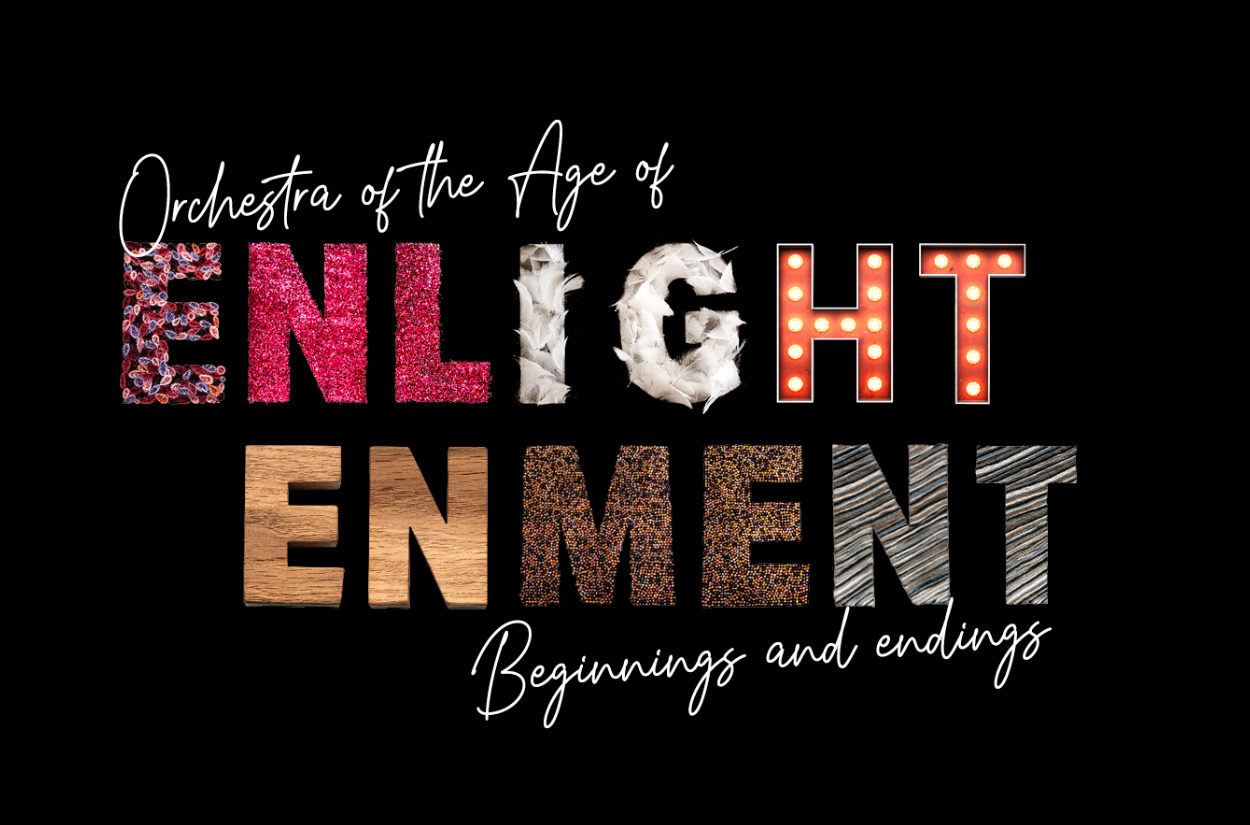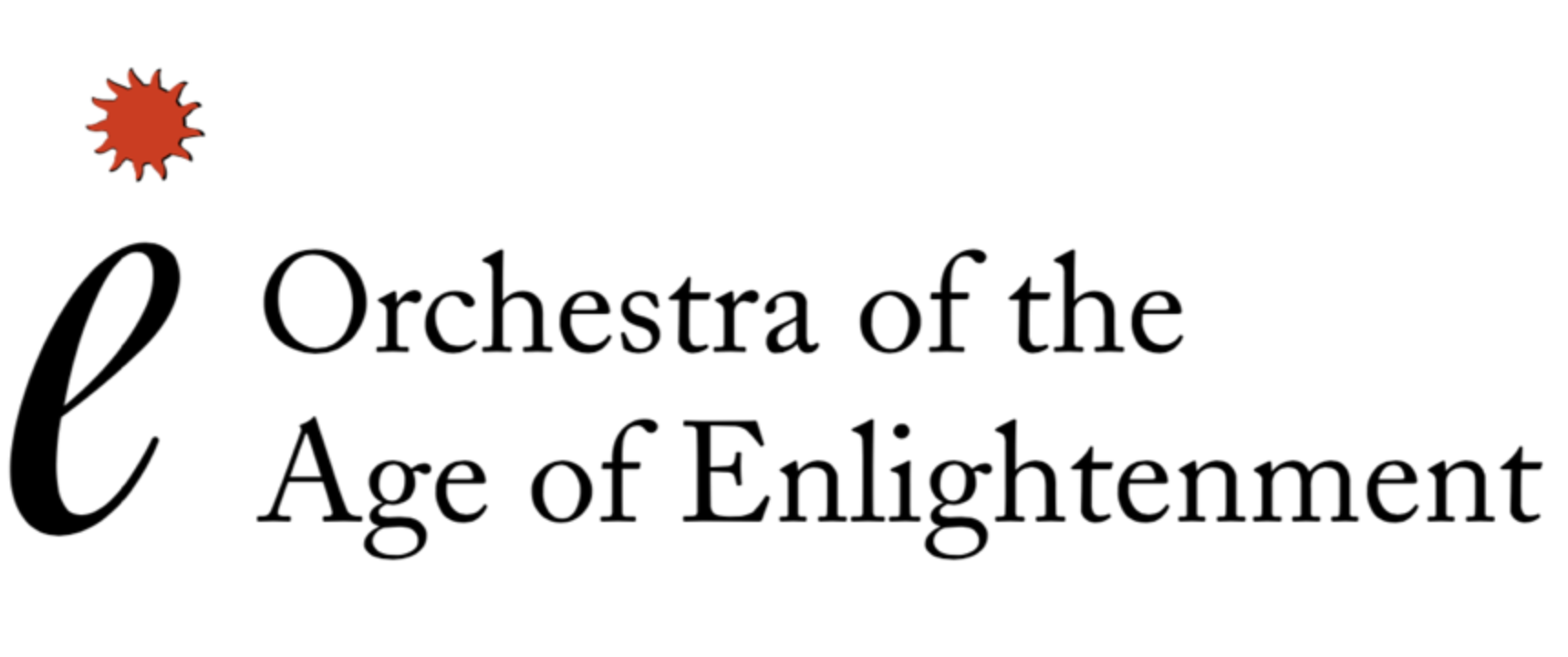Beginnings and endings. 25 April 2023

"What we call the beginning is often the end
And to make an end is to make a beginning.
The end is where we start from "
Music is always part of a story. It might be that of a composer, the musicians performing it, or the audience absorbing it. It can be part of a collective chronicle or individual memories. It can hold the saga of a nation. In that sense we are always at the end, looking back.
Often a composer’s music comes to us in a catalogued form. Numbers we may or, most often. may not fully comprehend are attached to titles – Hob, K, Opus. Certainly these can help us gather together the threads; what musical forms were they interested in, where did they work, even a hint as to what inspired them. But how much of the story does this tell us? To paraphrase Jonathan Larson, the composer and lyricist of the musical Rent, how do you measure a life?
The stories come alive when we begin to experience the music and curiosity drives us to begin our own journey. In our 2023/24 season of concerts at the Southbank Centre it is that desire to untangle the beginnings and endings – and all the bits in the middle – that has shaped our musical choices.
To perform the first or last or ‘complete’ anything can be a perilous undertaking. This is, perhaps, where our sense of story helps us.
"TS Eliot presents us with the conundrum of progress. How do ideas evolve, where do we continue, where do we originate? If it is true that you can hear the foundations of Bach in the music of Mendelssohn, can’t you also hear the sparkling innovation in Mozart that announces later genius? In the risk-taking dissonances and melodic invention of Purcell, don’t we find the revolutionary tinder that inflames the subversive settings of Figaro and Flute? What do we make of our tidy system of catalogues, of order, of convenient bundling into artistic periods – medieval to romantic – when truth is repeatedly less convenient; when the Christmas Oratorio, Bach in his stylistic prime, is just 25 years earlier than Haydn’s No.1, no less a statement of artistic assurance; when Mendelssohn’s third symphony was really his last. "
What we know as Haydn’s symphonies numbered 1 and 104 may not exactly be the first and last he composed. But we do know that they tell us something about the beginning and end of the career of one of the most remarkable musicians that has graced the world. By contrast, Mozart’s life was a short one – but we still sense the growth between the precocious talent of the ‘Paris’ Symphony and the socially aware, charged confidence of the late operas. Sibelius might owe his popularity among 20th Century composers to his allegiance to tonality, but if we put him into our OAE story we might see him differently as an outrider for modernity, a non-conformist who was pushing instruments and musical materials to the outer limits (and does he represent the far edges of the OAE’s venturing in musical history?).
In telling the stories of how Jesus’ life unfolded in the Christmas and Easter Oratorios through the lens of his devout faith JS Bach seems to tell us a little of his own story. On the one hand, in a very practical way, they tell us what was happening in the German city of Leipzig at a specific moment (often to the day) in history; yet on the other, his instinct for narrative transports us to a higher plane of humanity and, almost inadvertently, he makes himself eternal.
Mendelssohn understood better than most the importance of knowing the story of the past. His role in the Bach revival of the 19th Century was critical in restoring Bach’s reputation and treasured position today. It also shaped his own creative life fusing as it did the foundations of his musical ancestors with the romanticism that grew out of the late Enlightenment. The very act of trying to catalogue his own symphonies, though, throws us into confusion that becomes like trying to unravel a non-linear film plot! The symphony bearing the highest number – the historically loaded number 5 – is an early work, whereas the middle number 3 comes last. All the symphonies pre-date what some may argue is the towering accomplishment of his career, the Violin Concerto (in E minor, Op. 64 for the avoidance of doubt as he wrote more than one, but historically they aren’t numbered as the earlier childhood work languished in drawers for some time!).
And, of course, the stories we told centuries ago remain relevant. Their beginnings and endings are still helping us to understand our lives today and write the tales of tomorrow. That has been the skill of the creative team behind our community operas The Moon Hares and The Fairy Queen, composer James Redwood and writer/director Hazel Gould, in making projects where young and old can make themselves part of the story.
"If you aren’t so sure what to make of all this, then nor are we. So join us and we can puzzle together in a magnificent season that assembles great artistic veterans alongside inspiring new generation talent"
Find out more...
The OAE is proud to be one of the Southbank Centre’s Resident Orchestras. Our 2023/24 season runs from October 2023 to April 2024 and features ten concerts in the Queen Elizabeth Hall and the Royal Festival Hall. To discover the full details of what we’ll be playing view the whole season and find out about our Club OAE season tickets.
Priority Booking to all concerts for Friends & Patrons of the OAE opens on Tuesday 25 April. General Booking opens on Tuesday 2 May for concerts between October and January as part of the Southbank Centre’s Autumn/Winter season; the remaining concerts will go on sale later this year.


